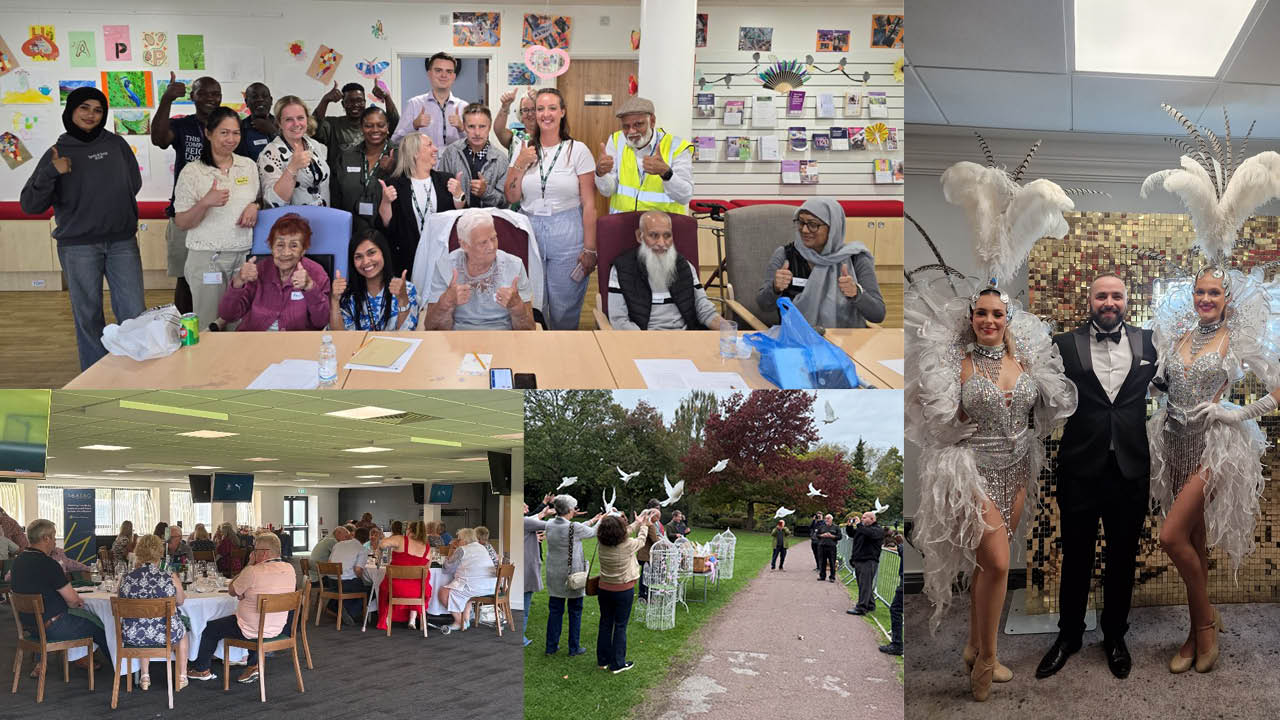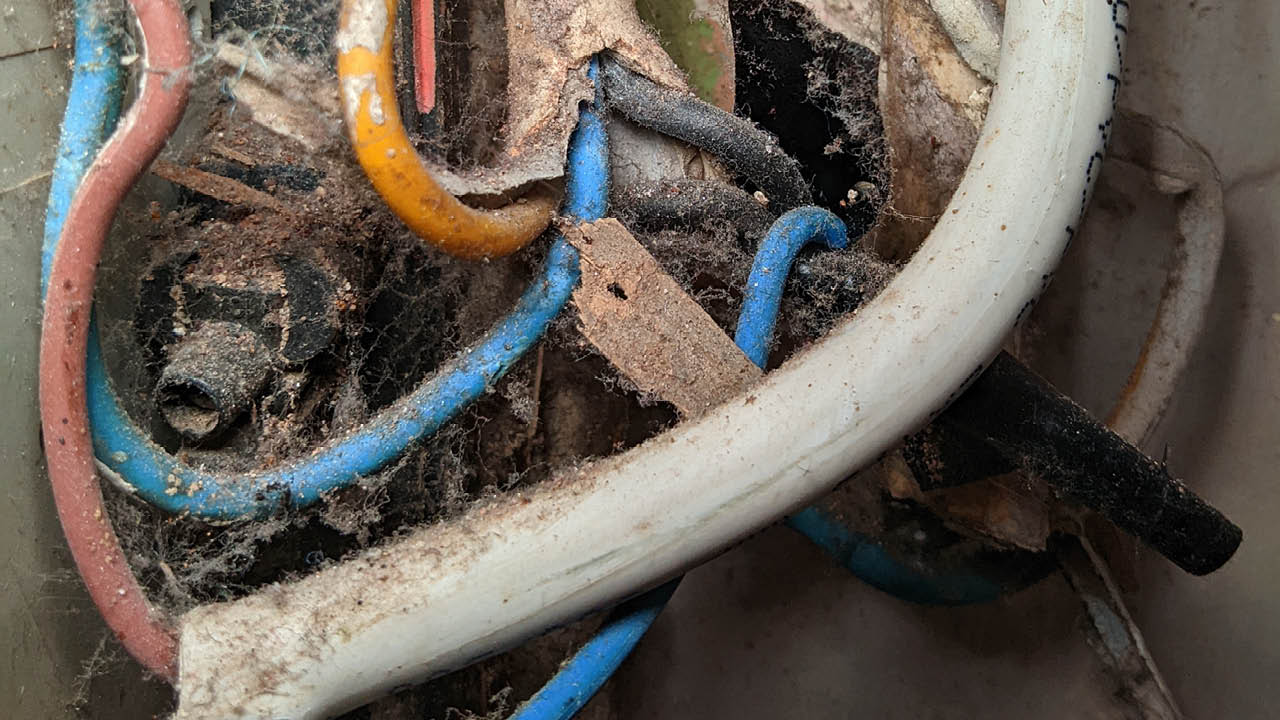Do we actually learn lessons from Inquiries?

Written by Marcus Coates-Walker - Barrister - 1 Crown Office Row
With ever-increasing political pressure for answers, and drive to hold publicly-funded institutions to account, there has been a growing demand to hold inquiries to seek answers, and importantly, learn from tragic events to stop something similar happening again.
There have been many high-profile inquires, including; the Iraq conflict, the culture, practices and ethics of the press (Leveson), the Grenfell Tower disaster, the Manchester Arena bombing and the UK’s handling of Covid-19. In the healthcare sector, we have also seen the Infected Blood Inquiry, and the Ockenden review (an independent review into the maternity services at Shrewsbury & Telford and Nottingham Hospitals).
However, whilst vast amounts of time and money has been spent conducting inquiries, do they actually work? Do we really learn sufficient lessons following these investigations? And, importantly, are these lessons actually acted upon in practice to effect real change?
What is the difference between a statutory and non-statutory inquiry?
Statutory inquiries are public and often have the benefit of being live-streamed on the internet. This brings with it a level of public scrutiny that arguably forces participants to take matters more seriously, and properly engage for fear of their personal or professional integrity being criticised.
What are the advantages of statutory and non-statutory inquiries?
These inquiries have powers to call witnesses to give evidence or to compel documents to be disclosed. Therefore, they have the tools to ensure a full and frank investigation of the facts and to understand any lessons that need to be learned. This often results in more meaningful recommendations for change that are likely to be adopted by the government and state institutions. However, the main fears with statutory inquiries is that they take far too long and cost far too much to achieve too little. Blame can often be laid at the door of the chair for failing to reasonably limit the issues being explored or focussing too much time on procedural distractions. In addition, significant time is often spent on opening and closing speeches or questioning witnesses by counsel to the inquiry and participants. It might reasonably be questioned whether this is a proportionate way of getting to the root of what happened or understanding what needs to be done to effect real change.
On the other hand, the main benefits of non-statutory inquiries are speed, informality and flexibility. They are conducted in private, rather than in public. They can be set up by anyone, at any time to investigate anything. They have no legal powers (to call witnesses to give evidence or for documents to be disclosed). Having the ability to move fast has the benefit of allowing organisations to effect urgent change where required. Informality can encourage witnesses to be more open as they do not have to fear the ramifications of public scrutiny. However, non-statutory inquiries depend on the co-operation of key participants. This is often difficult where attendance cannot be compelled and legal representation may not be funded.
If there is a reluctance to co-operate, due to the potential impact on personal or professional reputation, the process will fail or become meaningless in any findings it makes. Furthermore, they may not always give the victims, their families and the public adequate assurances that the Government has fully appreciated the impact of the relevant events.
Two current examples include the inquiry into how David Fuller was able to sexually assault multiple dead bodies, in the mortuary of Maidstone and Tunbridge Wells NHS Trust; and the inquiry into how Wayne Couzins – an off duty Metropolitan police officer who was able to abduct, rape and murder Sarah Everard. Both were ordered in November 2021, have been conducted behind closed doors, and are yet to report almost two years later.
The Lucy Letby and Countess of Chester Hospital Inquiry
Most recently, the Government was faced with this choice in setting up the inquiry into the murders and attempted murders of multiple babies, committed by former neonatal nurse Lucy Letby, at the Countess of Chester Hospital between June 2015 and June 2016.
Initially, having stressed the need for a timely investigation, the Government stated that the inquiry would be non-statutory. However, on 30 August 2023, it was announced that the inquiry would become statutory following discussions with the families of the victims. The Government explained that it acknowledged the importance of the inquiry having legal powers to compel witnesses and to force disclosure of documents. The inquiry is set to investigate the wider circumstances around what happened at the Countess of Chester Hospital, including: looking at how concerns raised by clinicians were dealt with and what actions were taken by regulators and the NHS.
The Health and Social Care Secretary, Steve Barclay has stated “We have a duty to get [the families] the answers they deserve, to hold people to account, and to make sure lessons are learned”.
But, importantly, will that really happen? If so, what will happen next? And is it worth the time and cost?
Well, as a start, Lady Justice Thirlwall has been appointed to lead the inquiry. She faces a tough task. She needs to act quickly enough to install confidence that the Government acknowledges the seriousness of the events in question and the need to stop this happening again. However, she needs to conduct a detailed investigation of the evidence to ensure that any recommendations are of practical value moving forward.
The proposal is for the inquiry to take place in phases, in order to provide answers to sub-issues as soon as possible rather than waiting until its completion. Therefore, it is hoped that any recommendations on specific issues can be implemented in a staged fashion to make improvements in the health service where necessary as soon as possible. However, at least initially, any progress may well be stalled given that Lucy Letby has now appealed against her convictions, the CPS has announced there will be a retrial into one of the outstanding allegations of attempted murder and there are now criminal investigations into corporate manslaughter charges against the Trust.
What is the national campaign to improve patient safety?
In the meantime, the Government has been keen to emphasise the actions that have already been taken to improve patient safety, as well as the action that is currently underway to strengthen this further. These are said to include:
- In 2016, the NHS introduced Freedom to Speak Up Guardians to assist staff that want to speak up about their concerns. It is said that more than 900 local guardians cover every NHS Trust. Recently, Freedom to Speak Up policies have been strengthened, supporting staff to feel more confident in raising concerns.
- In 2018, Dr Aidan Fowler was appointed as the first National Director of Patient Safety at NHS England. He worked with the NHS to publish their first Patient Safety Strategy in 2019, creating several national programmes. This included requiring NHS organisations to employ dedicated patient safety specialists and ensuring all staff receive patient safety training. Further, in 2022, Dr Henrietta Hughes (a practising GP) was appointed as England’s first Patient Safety Commissioner for medicines and medical devices.
- In 2018, Tom Kark KC was commissioned to make recommendations on the Fit and Proper Person Test for NHS board members. His findings were incorporated into a new framework published this year. This introduces background checks, consistent collection of data and a standardised reference system which is aimed at preventing unfit board members moving between organisations.
- In 2019, the NHS began to introduce medical examiners to independently scrutinise deaths not investigated by a coroner, and to raise any concerns with the appropriate authorities.
- In terms of maternity care, in 2018, NHS England launched the Maternity Safety Support Programme to ensure underperforming Trusts receive assistance before serious issues arise. Since then, the Government has funded the National Perinatal Mortality Review Tool, which supports Trusts and parents to understand why a baby has died and whether any lessons can be learned to save lives in the future. Furthermore, the Government also introduced the Maternity Investigations Programme through the Healthcare Safety Investigations Branch (HSIB), which investigates maternity safety incidents and provides reports to Trusts and families. Finally, NHS England’s Get it Right First Time programme expanded its cover to neonatal services. They reviewed England’s neonatal services using detailed data and gave Trusts individual improvement plans. This team is due to launch a centralised and regularly updated dataset to monitor the safety and quality of national neonatal services.
- The Government is exploring introducing Martha’s Rule to the UK. It would be a 3-step process that allows patients or their families to request a clinical review of their case from a doctor or nurse if their condition is deteriorating or not improving as expected.
- Finally, NHS England has introduced the Patient Safety Incident Response Framework (PSIRF). This sets out the NHS’s approach to developing and maintaining effective systems and processes for responding to patient safety incidents. In short, it revamps the Serious Incident Reporting system to try and improve learnings and patient safety.
But where does this leave the NHS?
How can you monitor patient safety improvements in the NHS?
The wheels move very slowly in such a large organisation. It is difficult to tell whether recommendations that have been implemented following inquiries or other investigations will bear fruit eventually or whether they are merely bureaucratic policies that make little practical difference on the ground. Only time will tell whether shining a spotlight on tragic events via a statutory or non-statutory inquiry is ultimately worth the time and cost. What we can say though is that any process which challenges poor clinical practice, governance and culture in an attempt to improve safety must be seen as overwhelmingly positive compared to a world where no such accountability exists.
However, to understand the lessons that should be learned, it is down to the chair of the inquiry, counsel to the inquiry, and all participants to work collectively to achieve a full investigation of the facts, that is proportionately balanced with speed and cost. Public institutions should also take steps to ensure that any lessons learned are acted upon to effect real change on the ground level.

Marcus Coates-Walker
1 Crown Office Row
Marcus has a specialised practice focused on clinical negligence, inquest, and personal injury work in addition to being a trained mediator.
Before coming to the Bar, Marcus spent a year as a Director and Trustee of a £7 million turnover company and charity in the Higher Education sector. Before starting pupillage he spent two years as Project Manager of a high-profile independent review at a top-tier commercial law firm in London. During this time he instructed a number of junior barristers, which has given him a thorough understanding of what is required by professional clients.

Here to ensure that lessons are learned
When harm is caused, either to yourself or a loved one, you want to know how it happened and to ensure it doesn’t happen to others.
Whether you’ve sustained an injury as a result of medical negligence, been involved in a life changing accident, or suffered the death of someone close to you, our legal experts understand how important it is to seek answers about what happened.
Read more stories from our Injury team highlighting how our team seeks to identify issues in care and safety, and to ensure lessons are learned when things go wrong.
Featured Injury specialists
Our team is full of leading experts in many specialist areas of personal injury and medical negligence.













